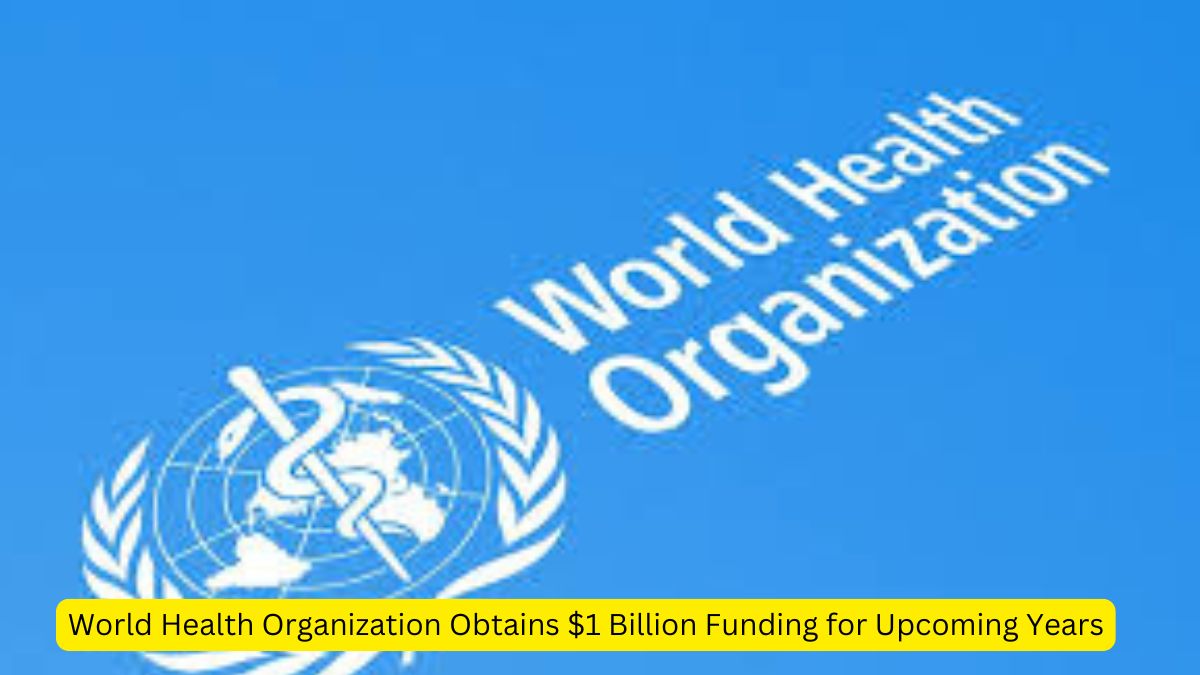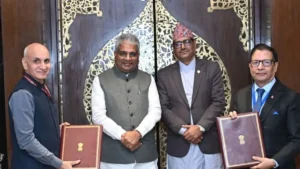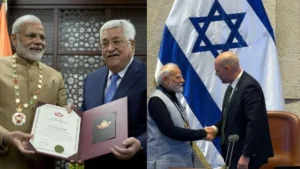The World Health Organization secured $1 billion in pledges during a fundraising event in Berlin, marking a significant initiative to reform its funding model and enhance its ability to address global health emergencies.
Pledge Breakdown
- New Contributions: $700 million in new pledges from European nations and philanthropies.
- Previous Commitments: $300 million from earlier commitments by the European Union and African Union.
Importance of Sustainable Financing
- German Chancellor Olaf Scholz emphasized the need for sustainable financing, which allows WHO to plan effectively and respond flexibly to health crises.
- He highlighted that the funds would help improve the health of women, men, and especially children globally.
Financial Uncertainty
- WHO has faced long-standing financial uncertainty, which has hindered its operations and ability to deliver long-term support to countries.
Future Goals
- WHO aims to raise an additional $6.4 billion by next May to meet its total budget goal of $7.4 billion for the General Programme of Work 14 (GPW-14), which addresses global health needs from 2025 to 2028.
Investment Rounds Format
- The fundraising format encourages competition among nations to increase their financial contributions.
- Major European countries, including Spain, the UK, and France, have yet to announce their pledges.
- Additionally, 16 African governments have already committed funding to the organization’s investment round. France, Spain, the UK, and the Bill & Melinda Gates Foundation are expected to pledge or continue their contributions to WHO in the coming months.
Current Funding Landscape
- In 2022-23, WHO’s budget was only $6.7 billion, about 33 cents per person globally.
- 88% of WHO’s funding came from voluntary contributions, with a significant portion controlled by a small number of donors.
Small Nations and Philanthropies Step Up
- Smaller countries and emerging economies also participated in the funding drive, with Montenegro making its first-ever donation.
- Philanthropies, including the Wellcome Trust and Sanofi Foundation, pledged significant contributions.
Call for Flexible Funding
- WHO seeks more flexible funding to address urgent global health priorities independently.
- Investments in WHO are viewed as crucial for not only health but also for fostering equitable and stable societies.
| Summary/Static | Details |
| Why in the news? | WHO secured $1 billion in pledges, aiming to reform its funding model for enhanced responsiveness to global health emergencies. |
| Pledge Breakdown | – $700 million: New contributions from European countries and philanthropies
– $300 million: From prior commitments by EU and AU |
| Current Funding | WHO’s 2022-23 budget was $6.7 billion; 88% of it from voluntary contributions largely controlled by a few major donors. |




 India, Bangladesh Among 40 Nations Hit b...
India, Bangladesh Among 40 Nations Hit b...
 India, Nepal Sign New MoU to Boost Fores...
India, Nepal Sign New MoU to Boost Fores...
 Historic Recognition: Modi Becomes First...
Historic Recognition: Modi Becomes First...








